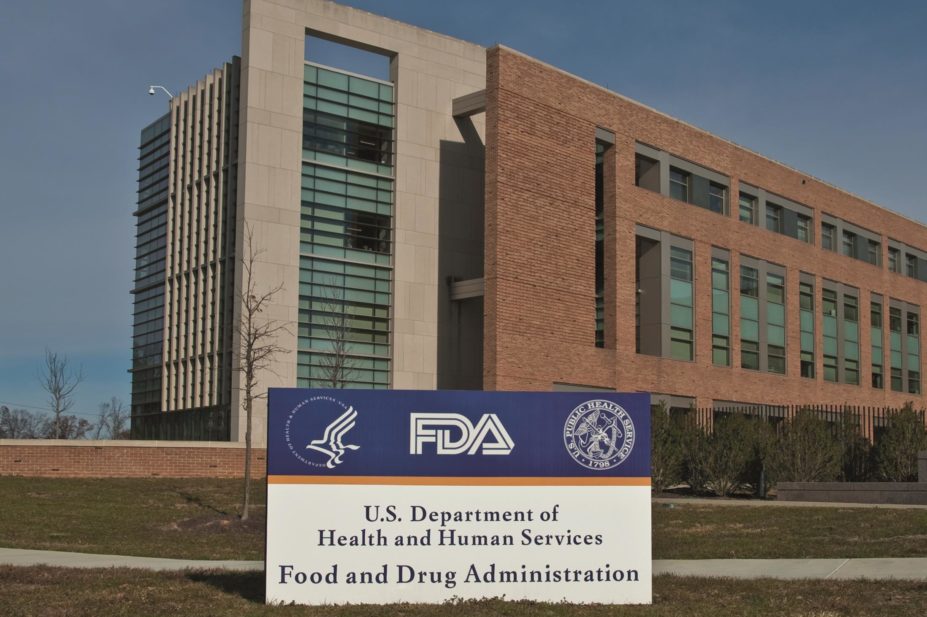
FDA
The US Food and Drug Administration (FDA) has approved a new treatment for hepatic veno-occlusive disease (VOD), a rare, life threatening liver condition that can develop in cancer patients who undergo hematopoietic stem cell transplantation.
Defibrotide sodium (Defitelio; Jazz Pharmaceuticals) is the first FDA-approved therapy for severe hepatic VOD and can be used to treat adults and children who develop hepatic VOD and who have additional kidney or lung abnormalities.
In hepatic VOD, veins in the liver become blocked, which can lead to liver damage. In its most severe form, patients may also develop failure of the kidneys and lungs.
“The approval of Defitelio fills a significant need in the transplantation community to treat this rare but frequently fatal complication,” says Richard Pazdur, director of the Office of Hematology and Oncology Products in the FDA’s Center for Drug Evaluation and Research.
Defibrotide sodium has been investigated in three studies involving 528 patients with hepatic VOD with liver or kidney abnormalities after stem cell transplantation. In these studies, 38% to 45% of patients treated with defibrotide were alive 100 days after their transplant. This compares with expected survival rates of 21% to 31% for patients who receive only supportive care.
The most common side effects of defibrotide include: abnormally low blood pressure, diarrhoea, vomiting, nausea and nose bleeds. Serious potential side effects include bleeding and allergic reactions.
The FDA advises that defibrotide is not used in patients who are having bleeding complications or who are taking medicines that reduce the body’s ability to form clots.


